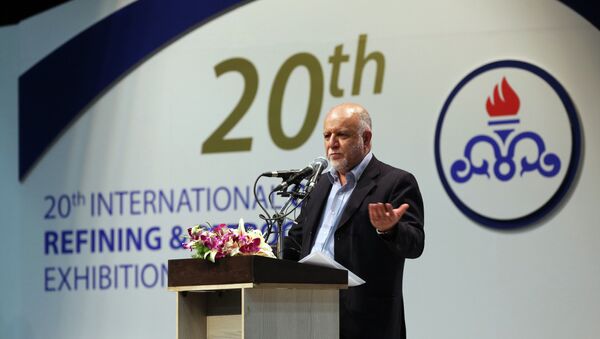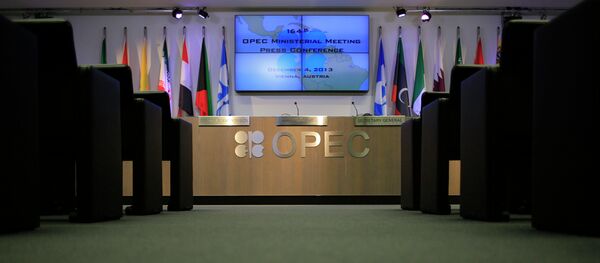"Under current conditions, it seems unlikely that the OPEC production ceiling will change," said Zanganeh, explaining that any cut requires a consensus between all members. In April, Zangeneh suggested that OPEC should decide on a five percent cut in production at its next meeting, in order to boost prices.
The 12 members of the oil cartel, led by the biggest producer, Saudi Arabia, made a landmark decision not to cut output to protect prices at their last meeting in November, contributing to a rapid decline in the price of oil, which sank to below $50 a barrel in January for the first time since May 2009. According to data from Marketwatch, Brent Crude is currently trading at $65.55 a barrel.
Zanganeh's comment on Sunday echoes that of Iran's Deputy Oil Minister Rokneddin Javadi, who told reporters at an energy conference in Kuala Lumpur earlier this month that he didn't think that OPEC would change its strategy of leaving market forces to determine the oil price. Javadi added that although members of the cartel have "different ideas" about the oil pricing strategy, he is hopeful that the meeting, scheduled for June 5 in Vienna, could "reinforce cooperation between the members."
Javadi, who is also head of the government-owned National Iranian Oil Company, also said Iran hopes to return to the level of crude exports it had before sanctions, around 2.5 million barrels per day, which he believes could be achieved in three to six months, following the framework deal agreed upon in April to lift sanctions.



